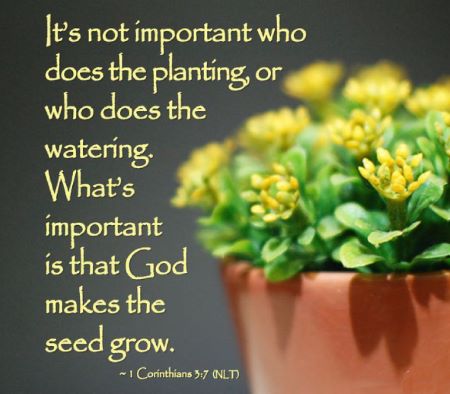
Vaccines & Variants
| Have you ever seen an image of a virus? They look much different than bacteria. That’s because viruses are not living organisms and bacteria are. Viruses only grow and reproduce inside of the cells they infect. When found outside of these living cells, viruses are dormant. Their “life” therefore requires the hijacking of the biochemical activities of a living cell. They reprogram the cell to do their bidding. Bacteria, on the other hand, are living organisms that consist of single cell that can generate energy, make its own food, move, and reproduce (typically by binary fission). This allows bacteria to live in many places—soil, water, plants, and the human body—and serve many purposes. They serve many vital roles in nature by decomposing organic matter and by converting nitrogen, through nitrogen fixation, to chemicals usable by plants. Bacteria even know how to work as a team through something called quorum sensing. Vaccines help develop immunity by imitating an infection. This type of infection, however, almost never causes illness, but it does cause the immune system to produce T-lymphocytes and antibodies. Once the imitation infection goes away, the body is left with a supply of “memory” T-lymphocytes, as well as B-lymphocytes that will remember how to fight that disease in the future. Now predicting exactly who in a family will contract COVID-19 and who will not, is dependent on a wide variety of variables which may include: the number of public places to which they go and the time spent there, those with whom they interact, the local density of infected people, the viral load to which one is exposed, whether physical distancing is being maintained or not, whether one or both people are properly masked, whether proper hand washing is being observed, the health and strength of one’s own immune system, and the number of total air changes in that space per hour. And predicting who in a family will contract COVID-19 is like predicting the weather: the more distal our perspective, the more accurate the prediction will be –– such as “it’s going to snow in Michigan today.” The more proximal our perspective, the less accurate the prediction may be –– such as “it may or may not snow on my street today.” Whether it snows on my street depends on a wide variety of variables that may include: concentration and height of local structures, whether the air is moving or still, relative humidity, temperature variability both at street level and aloft, and whether there’s “lake effect” snow in the area or a regional storm. Vaccinations not only help protect one’s own health; they also help prevent the spread of a disease. And when there are comprehensive national vaccination programs, even the most virulent diseases like polio (also a virus) can be all but eradicated (as of last year, Afghanistan and Pakistan were the only two countries where the disease is still classified as endemic). But when vaccination programs are resisted (for one or more reasons) by large segments of the population, the virus is given the opportunity to mutate and become immune to the initial vaccine’s efficacy and cause greater and more widespread illness. This is why we now have the more virulent B117 (UK) and B1351 (South African) variants in Michigan. The Word of God is itself a vaccine of sorts for humanity’s dis-eases. In fact, it is the only spiritual vaccine we need. It’s why in our tradition, we hear more scripture on a Sunday morning than most other denominations or independent churches do. And while there’s nothing wrong with differences of opinion (like “broccoli is better than cauliflower”), those opinions must be held up against the Gospel when they “play God” with others’ lives (like “God loves Christians more than Muslims”). Doing so protects against variants which hijack our thoughts and actions and are antithetical to Gospel truths which exist in many denominations and other religions. And we can predict with greater specificity that when we are inoculated with the two Great Commandments (Matthew 22:37-39) and we read, learn, and inwardly digest them, we can’t help but love God with all our heart, soul, and mind; and (selflessly) love our neighbor as we (selfishly) love ourselves. It’s not easy work, but because of its incalculable worth –– like a great pearl buried in a field –– it’s the only work to which we ought aspire. Mike+ |








